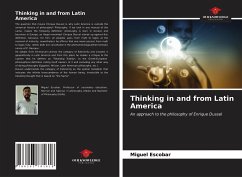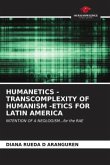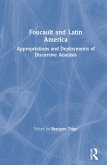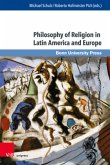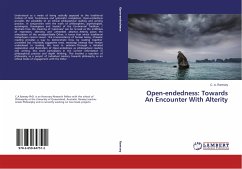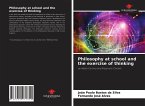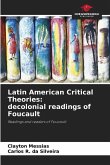The question that moves Enrique Dussel is why Latin America is outside the universal history of philosophy? Philosophy, if we look in any manual of the same, makes the following definition: philosophy is born in Greece and becomes in Europe, as Hegel remarked. Enrique Dussel stands up against this definition, because, for him, all peoples pass from myth to logos at the moment of maturity, nevertheless he affirms that one never passes from myth to logos fully, rather both are constituted in the phenomenological/hermeneutic sense of P. Recoeur.He adopts from Emmanuel Levinas the category of Exteriority and situates it geopolitically in Latin America and from this place he makes a critique to the system that he defines as "Totalizing Totality", to the Greek-European philosophical definition calling itself owners of it and excluding any other way of doing philosophy (Egyptian, African, Latin American philosophy, etc.). Dussel understands the category of Exteriority as the spatial metaphor that indicates the infinite transcendence of the human being, irreducible to the totalizing thought that is based on "the Same".
Bitte wählen Sie Ihr Anliegen aus.
Rechnungen
Retourenschein anfordern
Bestellstatus
Storno

